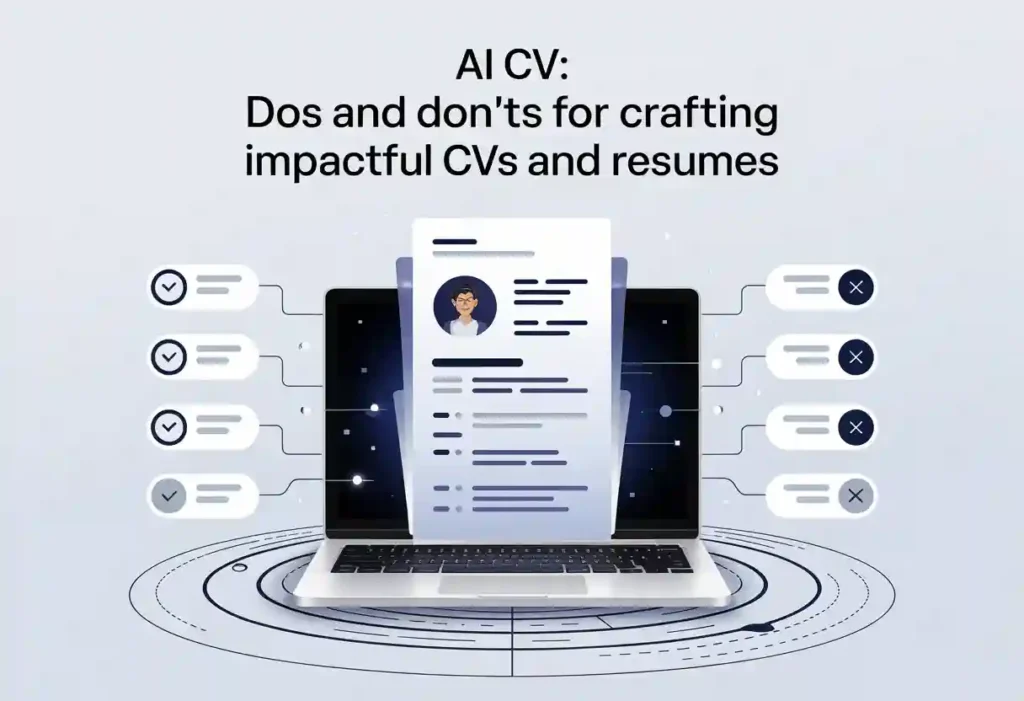Tap into the secrets to acing your job interview
One question sends shivers down the spine of many candidates: “Tell me about yourself.” At first, this seems like a walk-in-the-park question (or command).
However, this seemingly innocent inquiry often leaves job seekers scrambling for the perfect response, unsure where to begin and how much to reveal.
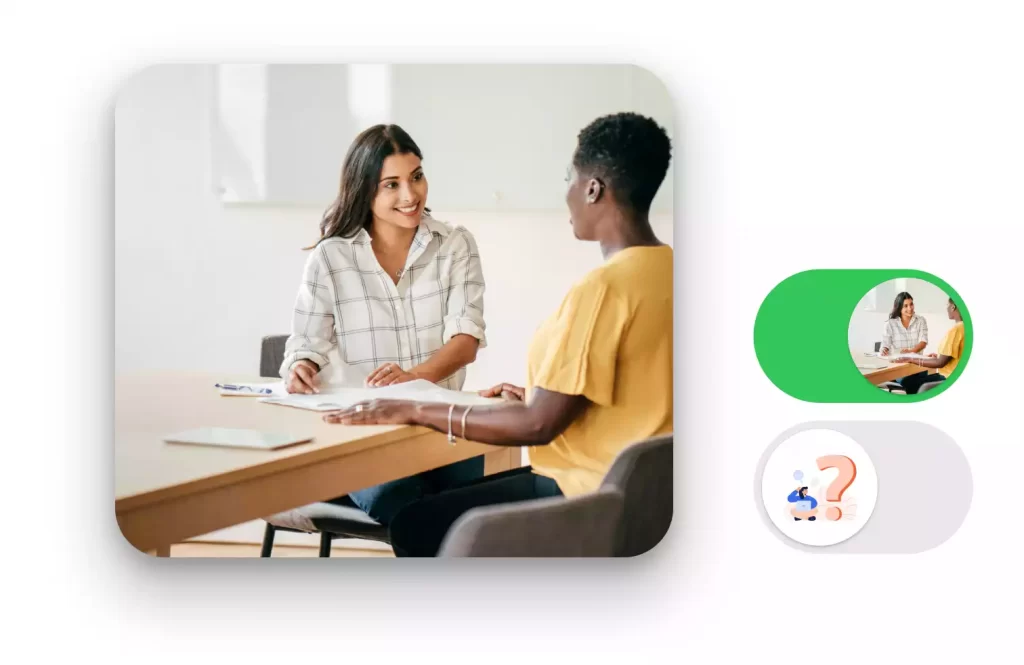
This (nerve-wracking) open-ended question might tempt you to discuss every aspect of your life and personality. However, your favorite foods or what you did last weekend are not the topic of interest and will certainly not impress the recruiter.
Reciting your list of qualifications and work industry experience doesn’t tick the box either. So, what do interviewers want to know? Should you discuss your hobbies and family or stick to education, professional life, and work experience?
This comprehensive guide unlocks the secrets to crafting a winning answer that leaves a lasting impression on your interviewers.
Let’s dive in.
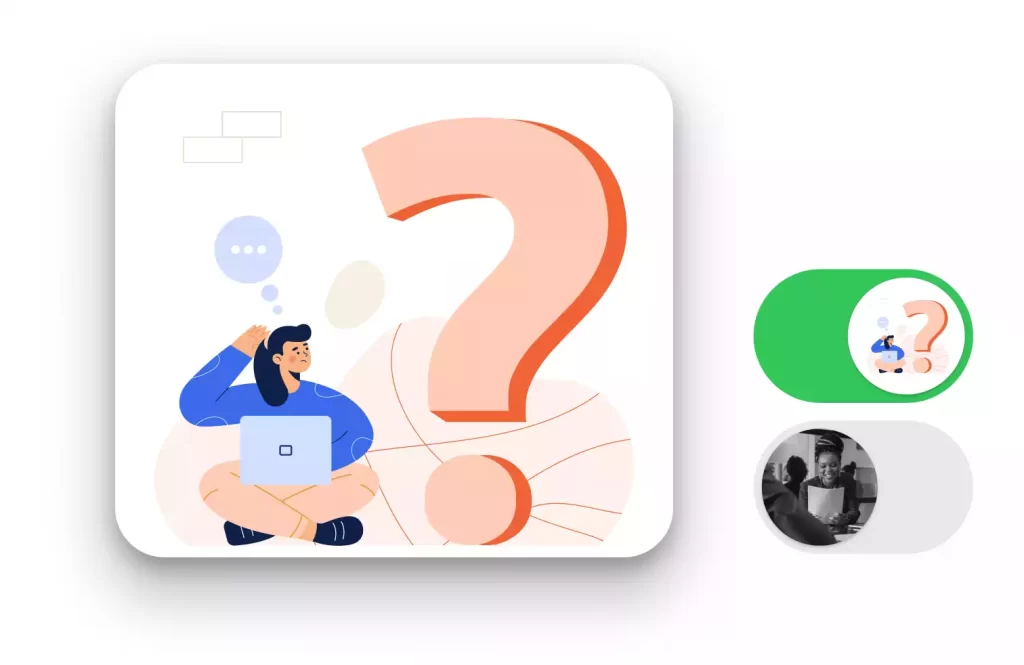
“Tell Me About Yourself”: Why A Hiring Manager Will Ask This Question
“Tell Me About Yourself” is a common interview question that interviewers ask to begin the conversation. This vague question is one of the most common interview questions job seekers encounter in their job search.
This question is not a mere formality but a strategic tool hiring managers can use to gain valuable insights and bearings about you, beyond your resume. “Tell me about yourself” in this context is the recruiter’s way of saying, “Sell Yourself to Me.”
This broad and vague question can catch you off guard. Therefore, understanding why recruiters ask this question will help you know how to answer it well.
First, the “Tell me about yourself” question is an icebreaker that creates a more relaxed atmosphere. It helps you (and the manager) shake off the introductory jitters. It makes small talk and is a launchpad that allows the interviewer to ease into the nitty-gritty of the interview.
Second, the interviewer wants to learn something about you. This question allows recruiters to assess a candidate’s communication proficiency. They observe how well a candidate can present information about themselves concisely and clearly.
Third, the question gives hiring managers a glimpse of your character and how well you align with the company culture. It determines whether or not you would be the best candidate for the company.
How you answer “Tell me about yourself” impacts the overall shape of the interview process. An intelligent answer (that makes sense) will set the right tone, leading to follow-up questions that allow the recruiter to delve deeper into specific areas of the candidate’s background.
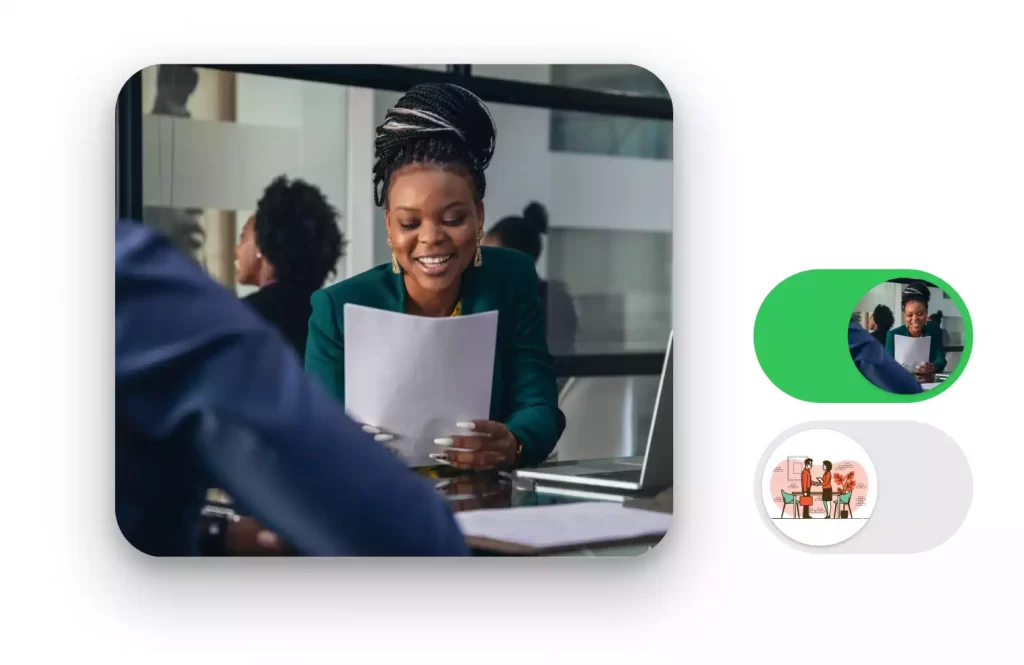
Varied ways a hiring manager can ask this question
This question is often rephrased in various ways to keep the conversation fresh and extract more in-depth responses. Although each interviewer’s version of the prompt differs, they all express the same intention: to understand the candidate’s qualifications, experience, and fit for the role.
Below are five other ways interviewers might pose this same question:
- “I have your resume before me, but tell me more about yourself.” This encourages you to expand upon your resume and offer additional details that might have been left out in that document.
- “Take me through your resume.” Here, the interviewer is asking for a chronological narrative of your work history, allowing you to highlight relevant experiences, qualifications, and achievements that align with the current job role.
- “I’d love to learn more about your journey.” This question is a more casual, conversational way of asking you to share your career progression, highlighting the key events and decisions that have brought you to this point in your career
- “Tell me something about yourself that’s not on your resume.” This question is designed to elicit unique or personal information about you that may not be job-specific but could still provide valuable insight into your character and interests
- “Please introduce yourself.” While it might sound simple, this question invites candidates to set the tone and direction of the conversation, sharing what they believe is the most important or relevant information about their professional background and previous experience.
Bonus Tips To Help You Answer “Tell Me About Yourself”
Although there is no one-size-fits-all approach to answering this question, this article provides a few tips to help you nail your answer.
First Impression Matters
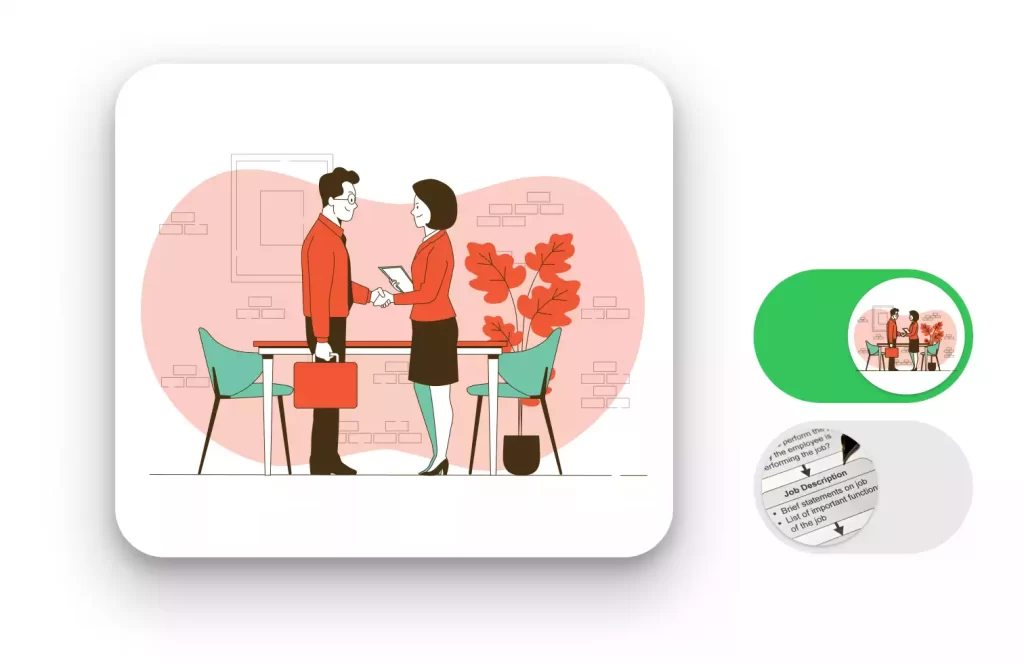
Most hiring decisions are made based on the first few minutes of your first impression. How you appear is the first thing the interviewer sees, and how you appear plays a significant role in how the interviewer perceives you.
Dress professionally, respond confidently, and demonstrate an interest in the current role and company. Being well-prepared, having a positive attitude, and communicating effectively will leave a lasting (and positive) impression.
You won’t have a second chance to make a good first impression, so make it count.
Tailor Your Answers to Satisfy the Job Description Requirements
While you may have a basic template for every interview, ensure you tweak it instead of just going with the flow. Be direct and deliver your objective to fulfill the company’s overall mission.
When an interviewer asks you to tell them about yourself, tell them about yourself as it relates to the position you’re applying for.
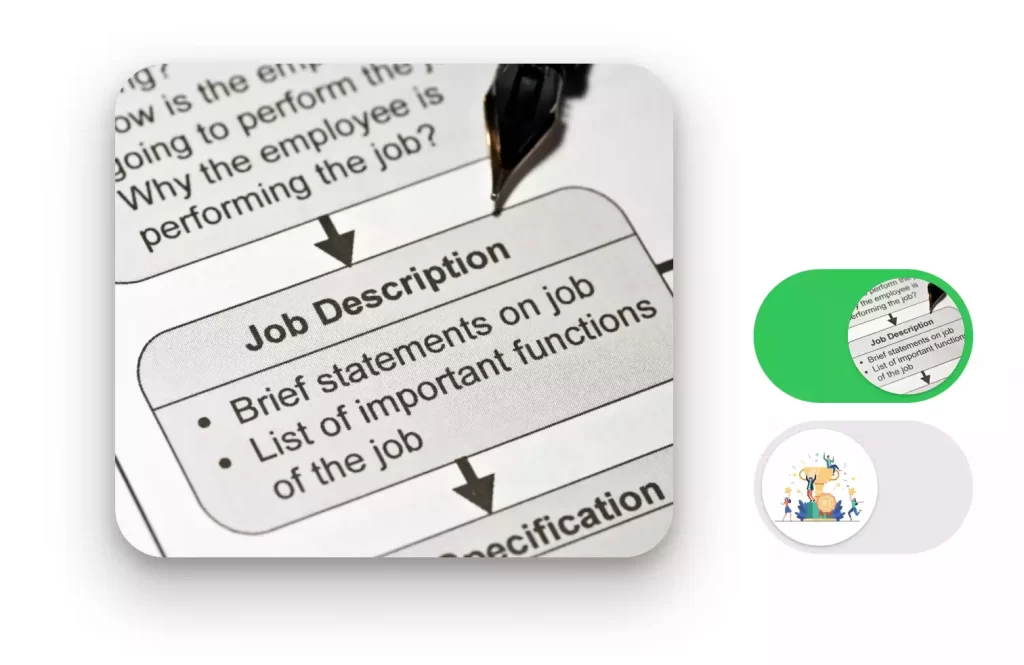
Review the job description critically and research the new company to tailor your answer to show your interest in the company. Weave their business goals and culture into your answer.
If the company emphasizes something, blend it into your response. This demonstrates that you care enough to be part of the company.
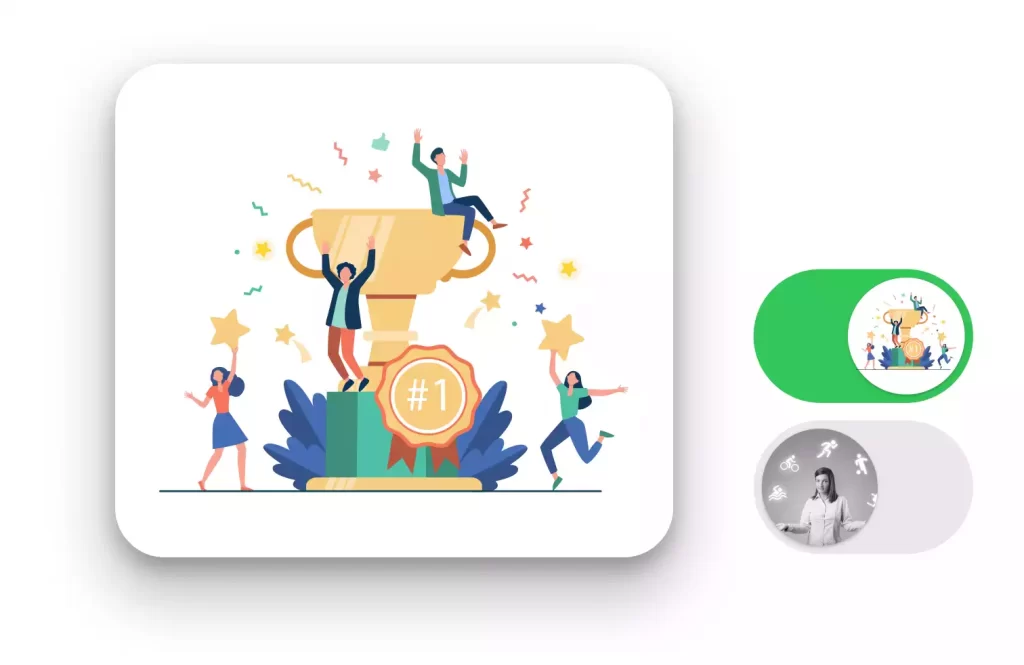
Highlighting Professional Achievements and Unique Skills
Highlighting the achievements, expertise, and unique skills developed during your career is an excellent approach. You can also highlight specific points of your professional life, like how you were promoted, your problem-solving skills, your teamwork, and your significant accomplishments.
This is the perfect time (and opportunity) to demonstrate your value. It is an opportunity to show how you can contribute to the company’s success. Be concise and specific.
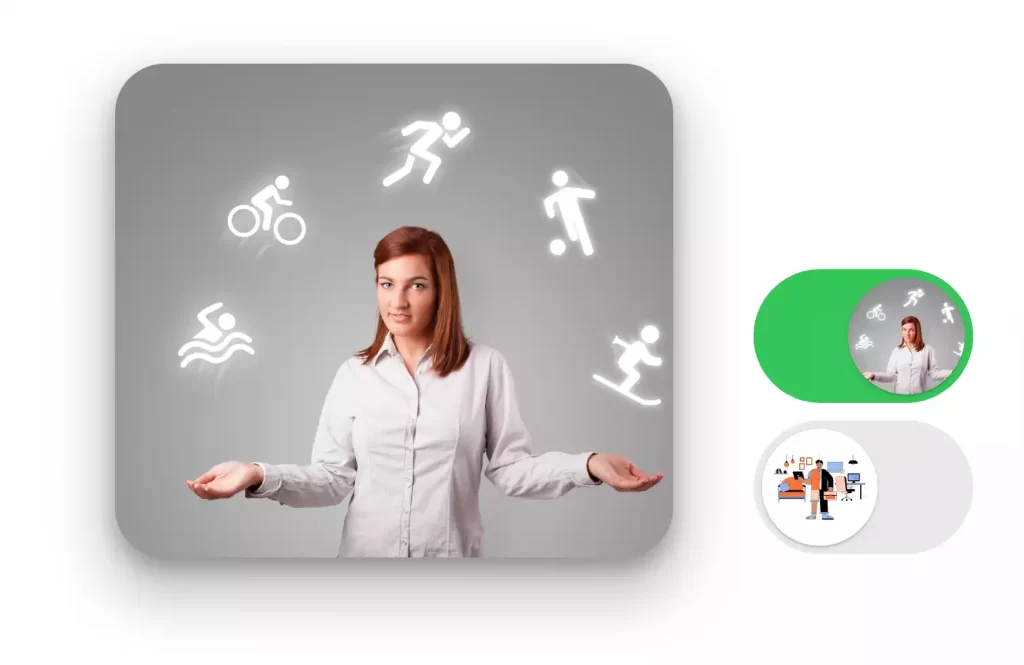
Discussing Personal Hobbies and Interests
When answering the “Tell Me About Yourself” question, a brief overview of your personal life can be helpful. Of course, you should focus primarily on your career goals and achievements. However, mention your hobbies and interests also.
This will humanize you and present you as a well-rounded person. Talk about your hobbies and interests, like how you are an avid reader or enjoy writing. Nonetheless, your hobbies must be meaningful and add value to the new job you’re applying for.
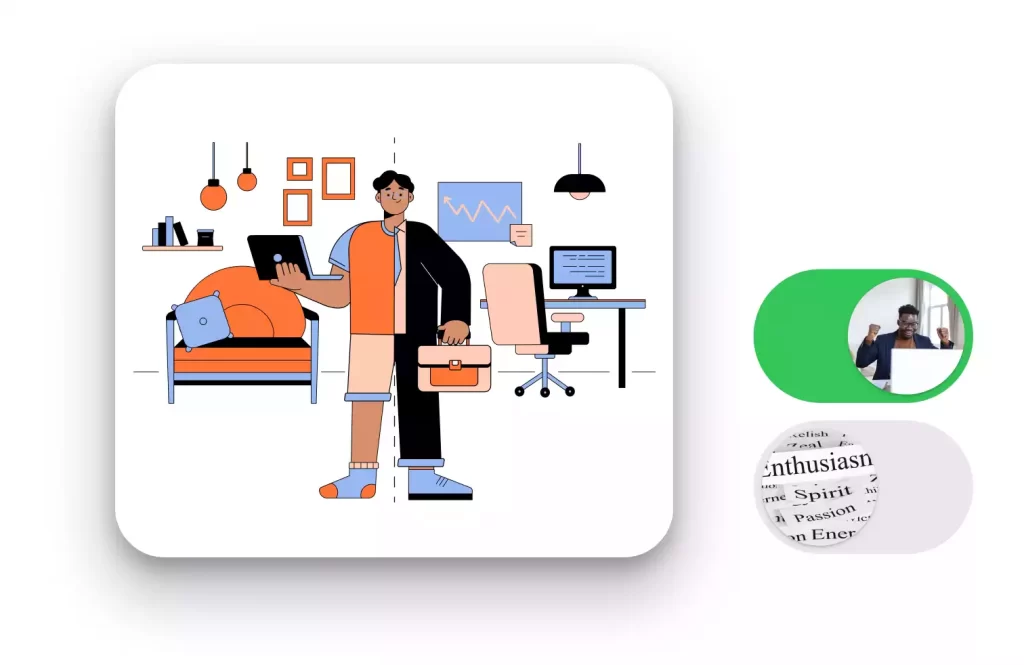
Stay Professional
As you bring the employer up to speed with everything you have to offer, avoid oversharing personal details. The intent behind the question is to present answers relevant to the job and company. Keep your answers work-related, use formal language, and maintain a work-related demeanor throughout the conversation.
Be Passionate
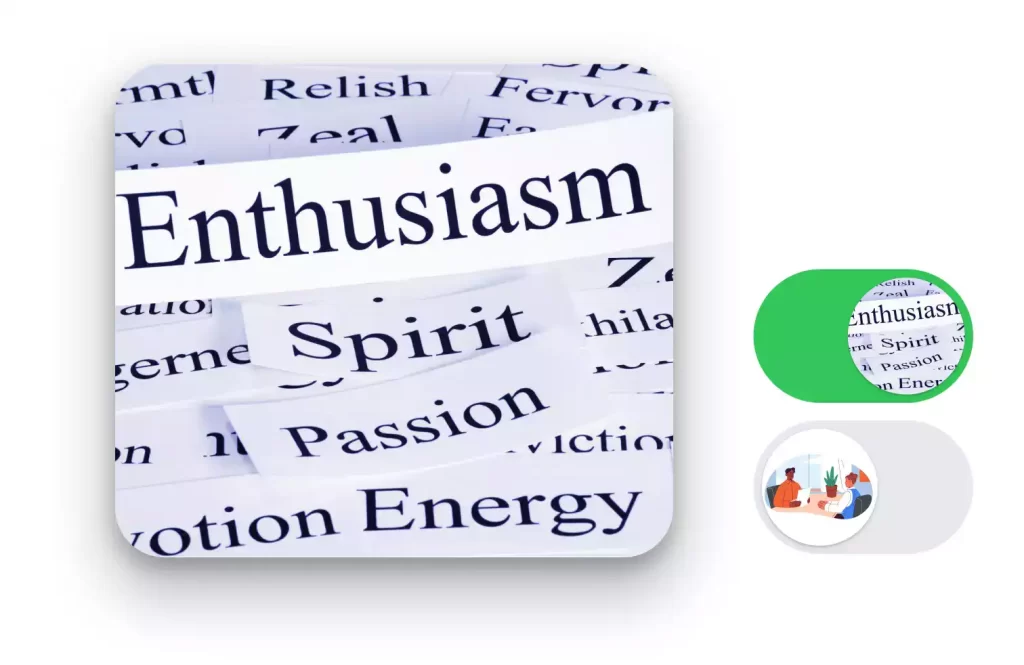
You should be professional and show enthusiasm about working for the company. You don’t have to go into all the (unnecessary) specifics, but if you intend to stand out from other candidates, share your response passionately.
Show how excited you are to be part of the company as an employee. Share interesting things about you and connect your passion with the company’s goals. Emphasize your desire to learn, but avoid exaggeration. Be passionate.
Practice Your Response (Don’t Memorize)
Never wait until a live interview to prepare your answer. Before your interview, consider what you need to share and convey about yourself. For more perspective, record your answer, listen to it some hours later, and see if you sound confident and solid.
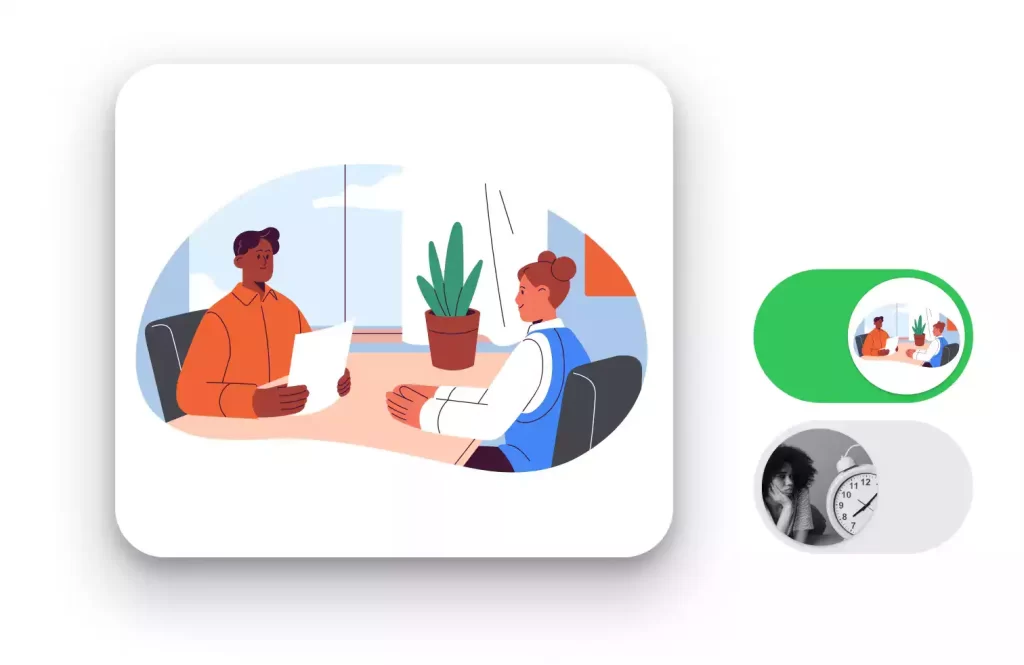
Instead of practicing solo, conduct mock interviews with family and friends for valuable feedback. However, avoid regurgitating your answer. Find a middle ground between practicing and memorizing to sound authentic.
Managers are more understanding if a recent graduate in the labor market (for the first time) memorizes their answer, but see it as a red flag for anyone with more work experience. You may come off as not being responsible enough to prepare.
Practice your answer by focusing on key points you can remember.
Avoid Rambling: Remain Concise
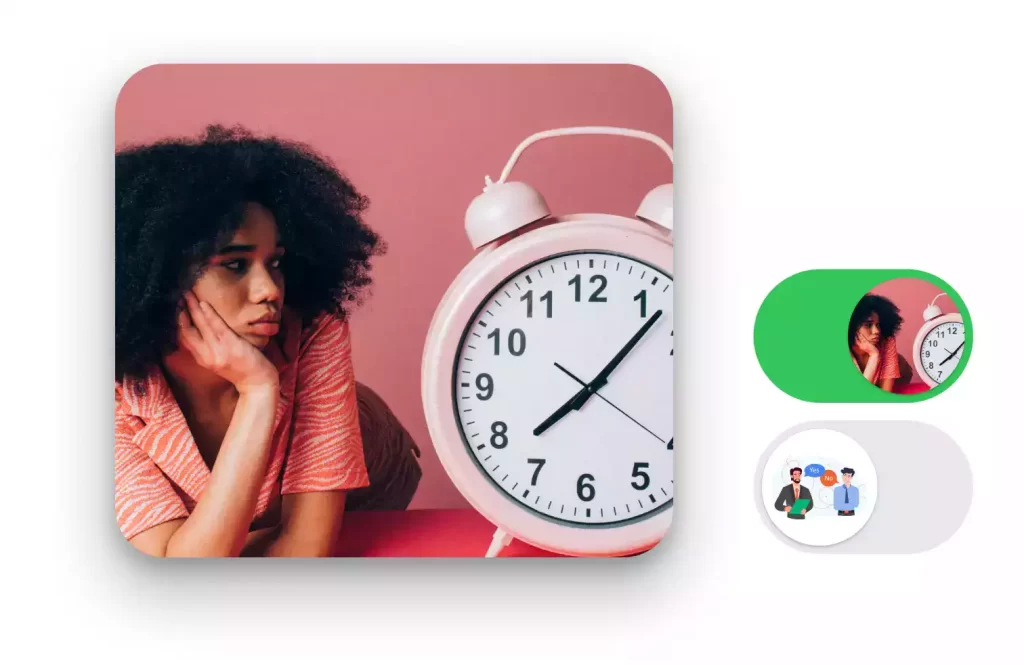
There is no optimal length for answering ‘Tell me about yourself.’ Some say keeping it around 90 seconds to 2 minutes is okay. Although there is no best timing, talking for over 2 minutes (or more) is just rambling. So keep your answer brief and concise.
Don’t spend time sharing every detail of your entire life story. Telling your story clearly from point A to point B without getting distracted or sidetracked shows how you can speak in meetings or with coworkers without rambling about every question. If you begin to bore the recruiter, your answer is verbose, and it’s time to wrap up.
Stay Positive
This is not the best time to narrate how you got fired from your most recent position. If there is no specific question, then it’s not worth mentioning. Do not badmouth your previous employers, no matter how tempting it may be. It’s unethical and unprofessional.
Focus mainly on the positive aspects, like how you’ve worked in different industries, built strong relationships, and provided practical solutions in a particular job. You can also mention your success in various industries as a top-performing client.
The Best Answer for ‘Tell Me About Yourself’
Here are a few “Tell Me About Yourself” sample answers that are generally applicable (moderately detailed):
In a Job Interview
“I am a marketing specialist and graduated with a degree in marketing. I have a track record of driving successful digital campaigns, and as a project manager, I am experienced in managing complex projects on time and within budget. I have undergone training programs and worked with major national healthcare brands. This experience has made me familiar with all there is to marketing. Moving forward, I am eager to contribute my skills and expertise to your team’s success.”
At Networking Events
“Good evening, I’m [Your Name]. I’m a very passionate marketing professional with a firm background in digital content creation. I have worked with some great brands and have taken leadership roles in various teams. I like to connect with like-minded individuals to work with and share ideas.”
In Casual Social Gatherings
“Hey there, I’m [Your Name]. I am a graphic designer and graduated with a computer science degree. I have sufficient knowledge of computer systems and would love to do it. When I’m not designing, I explore new things, like visiting different bookshops in the country. I’m up for making new friends and having fun!”
Common Mistakes to Avoid When Answering ‘Tell Me About Yourself’
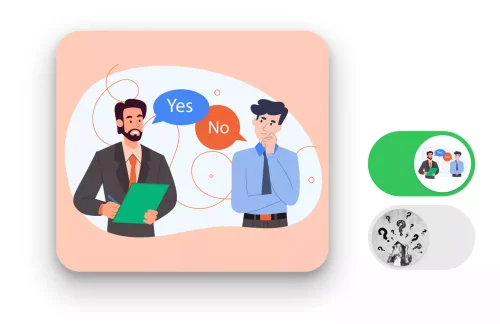
How you answer ‘Tell me about yourself’ is important because it is your sales pitch and first introduction. Therefore, making a (costly) mistake at this point is risky. Avoid these common mistakes:
Oversharing Personal Information
Don’t over-disclose personal information or specifics as your initial response. They simply aren’t worth mentioning if the recruiter didn’t ask for them in the first place. Oversharing personal information makes your answer too long and tedious.
Undermining Your Skills and Accomplishments
This error can undermine your advantage and jeopardize your chances of getting hired. The person interviewing you wants you to be assertive when discussing your achievements and strengths.
Going Off-Topic or Rambling
Rambling reduces the value of your response by portraying you as more nervous than you are and burdening the recruiter with too much information. The implication is that the recruiter loses the essential information that makes you the ideal candidate for them to hire.
Frequently Asked Questions (By Job Seekers)

1. What does the interviewer want to know?
She wants to know about your character and assertiveness and how well you match the company culture. Additionally, they are interested in your proficiency in handling open-ended questions and communicating clearly.
They are interested in your career background, expertise, values, and motivations, and how they relate to the current position you’re applying for. This question helps them see you as THE person.
2. How should I structure my response?
Use the simple formula, the Present-Past-Future: Start with your current work, discuss past experiences, and share future career goals. Highlight your expertise, relevant work history, education, and personal traits or interests that complement your professional identity.
You can also provide examples of past success, like how you worked for one specific healthcare company (suppose you’re in the healthcare sector) and made a positive impact.
3. What should I avoid in my answer?
Don’t discuss personal stuff, like your childhood, academic career, or politics.
Refrain from summarizing your CV or talking about money.
Do not mention personal information such as marital status, children, political or religious affiliations, etc. Instead, focus on showcasing your expertise, skills, and aspirations relevant to the job.
4. How can I prepare for this question?
Identify required skills by reviewing the job description.
Then, outline relevant work experience and reference examples.
Consider how your current skills fit into this new position.
Research the company website, values, work environment, and culture; reflect these in your answer.
5. Can I include personal interests in my answer?
You can briefly mention hobbies, showcasing your skills, knowledge, and development. Ensure your hobbies relate to the job somehow and use them to conclude your response.
Moment of Truth
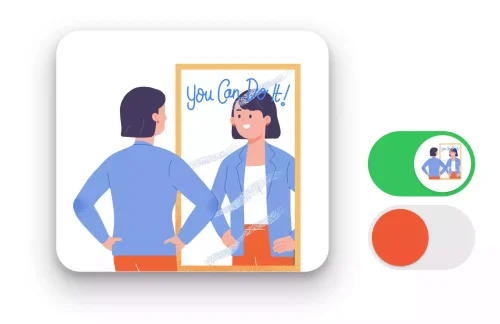
Understanding the “Tell Me About Yourself” question and knowing how to answer it is essential and valuable in your job search journey. It fosters better communication, motivates the recruiter, and presents you as the person genuinely suited for the role. Remember to show your proficiency, experiences, and accomplishments to remain ahead of the competition.
Do not be fazed by this challenging and vague question. With this ultimate guide, you can walk into any interview like a boss and advance firmly, overcoming any challenges that may cross your path.
This is your moment to get it right. Succeed. If you do it right (with this guide’s help), you will surely excel and bag that dream job. Go forth and conquer!
For more posts like this on how to find a job, see our Interview Tips blogs.
And the free online resume builder article.
Or visit NECareersConnect for skills and training from recruitment experts.
Let’s tackle unemployment together.
Keep Reading
- What is the 30-60-90-day plan for interviews?
- 16 Competency-based interview questions and how to answer them
- Free online CV builder
- Free online resume builder
- Resume builder plus 40 templates

